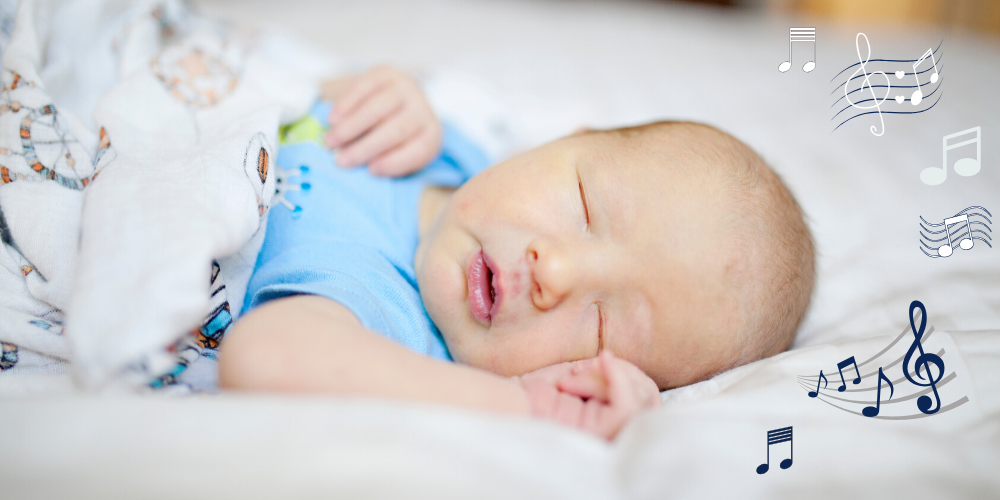When babies first learn about the world, they begin to recognize people that take care of them most of the time. In many instances, that’s mommy or daddy. And so, when their primary caregivers are away, they fuss, cry, or even scream–until they feel secure again. This phenomenon is called separation anxiety, and it both has benefits and drawbacks.
What is separation anxiety?
In babies and toddlers, this condition is when the young ones always want to be around their primary caregivers. The sights and sounds of new environments often make them feel unsafe, and this is why they would always cry when mommy or daddy is away.
For one, this phenomenon is actually a good thing–and a developmental milestone in itself. This means that children begin to recognize their family members and are starting to have attachments towards people who care for them.
However, this same attachment can also cause issues when it comes to parental responsibilities and routines such as sleep. Many parents often wonder how to get baby to sleep in a separate room when they’re always looking for someone to rock or hold them to slumber.
How can this be problematic for sleep?
The attachment that babies and toddlers have can cause two main kinds of sleep problems:
- Children can have problems falling asleep with others: Staying overnight at grandma’s or being in a new environment can ruin a child’s sleep routine, because they’re used to sleeping with mom or dad.
- Children can have challenges staying asleep: Baby not sleeping again after putting them down a couple of hours ago? It is possible that seeing your face is the only thing that can soothe them back to sleep.
If this isn’t resolved, you may end up in a vicious cycle where you go back multiple times to the crib to soothe your baby or toddler back to sleep. You know that this isn’t fun–hello, sleep deprivation! Thus, here are some ways on how to get baby to sleep despite the growing-up pains of separation fears.
Create helpful sleep associations
Helpful sleep associations are routines that can either make your child fall asleep faster or allow them to stay rested for longer periods. Sleep associations which are helpful to parents are those that don’t require them to do something for the baby at the middle of the night. Rocking, nursing, or putting back the pacifier can be negative sleep associations that you don’t want to create. White noise, bedtime routines, or music are some associations that don’t require your assistance.
Below are some steps to create positive sleep associations:
- Add the new sleep association gradually to the routine. For example, you can play white noise or music when soothing your baby or toddler to sleep, along with previous sleep habits.
- Gradually decrease the previous sleep associations. When you have done the new routines for a couple of days, try to decrease unhelpful sleep associations such as rocking, nursing, or other habits that require your assistance.
- Transition to a day without the unhelpful sleep habits. When things don’t work right away, don’t resort to caving with the previous associations. Stick with the ones that you’ve newly established.
Helpful sleep associations can lessen your child’s dependency on your presence and instead find ways to be comforted through other means.
Be ‘there’ even when you can’t
Babies navigate the world through their different senses, such as sight, hearing, smell, taste or touch. If you can’t be there–as in visually present, there are other ways to make your child feel like you’re close to them.
Some ways to do this may be putting on your perfume or cologne that they can smell on surfaces even when you’re not around, a voice or video recording, or a blanket or toy that you associate with yourself. Not only will this help soothe your baby in the middle of the night, but it would also help them cognitively link how people can be associated with objects as well.
Increase time spent with others
Another probable reason why your child may have attachment issues that are bothersome for sleep is that they only see you as their “secure person”. To reverse this, you need to take extra steps to help them spend time with others.
If you have your parents or in-laws close by, you can set more times where they take care of your child. Baby not sleeping in their house? Not a problem–by simply increasing the frequency that they interact with your child, the more that your little one will feel secure and fall asleep even without you.
This is also applicable to mom and dad scenarios. If the baby only wants mom, both should strategies in allocating more time with the baby through positive experiences such as playtime, feeding, or going outdoors.
Attachment towards parents and caregivers can be endearing, but too much of it can cause exhaustion in your end and a lack of independence in your child. With these strategies in place, you can decrease your baby or toddlers’ separation anxiety.


